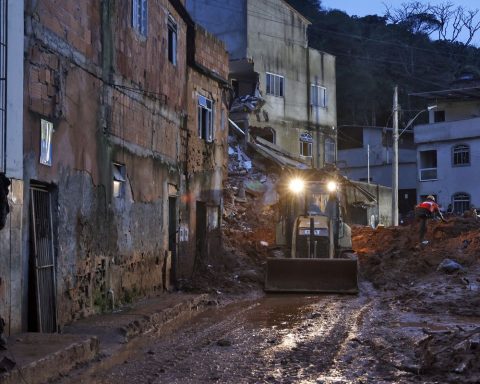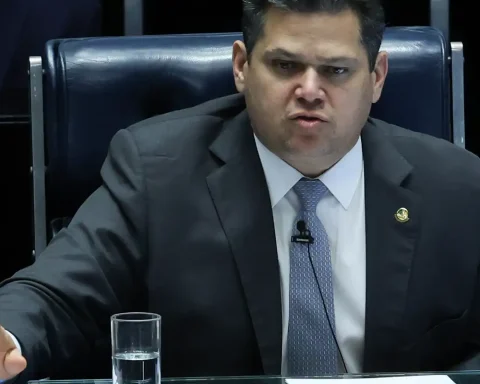MIAMI, United States – An intense debate over whether the United States should maintain the embargo against the Cuban regime marked a session in the House of Representatives on Wednesday, according to a report by the AFP news agency.
“Just 90 miles from the US coast resides one of the most repressive and brutal regimes in the world,” declared Republican Christopher Smith, who also described the Island’s government as “a threat to the American people” and to the country’s “national security. ”
“The Communist Party governs through violence and fear and seeks to control not only the economy but all elements of society,” Smith added.
With Donald Trump ready to govern starting January 20, 2025, the Republican majority in both chambers of Congress, and the appointment of Senator Marco Rubio as the head of US diplomacy, Smith indicated that more “sanctions” against the Island are likely on the horizon .
That tone was echoed by former Cuban-American Congresswoman Ileana Ros-Lehtinen, who participated in the session as a witness: “Even if no one else imposes an embargo (…) it remains the right thing to do,” she said, while accusing the Cuban regime of misusing the resources it obtains, claiming it sells food and medicine for other purposes.
However, voices opposing the embargo were also heard during the session. “Our approach to Cuba (…) has not benefited the Cuban people,” stated Democrat Susan Wild, who argued that the sanctions only “serve to further distance Cuba from the promise of a free society.”
Similarly, Juan Pappier, deputy director for the Americas at Human Rights Watch, argued that US policy has been “counterproductive” and proposed an alternative path: “gradually replacing the embargo with targeted sanctions against officials responsible for human rights violations” and pursuing a multilateral approach.
Not everyone agreed: María C. Werlau, director of the Cuba Archive project, rejected the notion that international engagement and dialogue have achieved anything, asserting that totalitarian regimes like Cuba’s “do not yield to dialogue or pleas.”
The hearing took place shortly before the transfer of power to the Trump administration, which has designated Rubio to head the State Department. The incoming administration’s hardline stance is reinforced by promises to “double the sanctions” against Havana, Smith noted.
Even before the Biden administration concludes on January 20, no changes are expected. “I do not foresee any changes in our policy toward Cuba between now and the end of this administration,” stated US Secretary of State Antony Blinken during another congressional session, when he was questioned by Cuban-American Congresswoman María Elvira Salazar about whether the regime would remain on the list of State Sponsors of Terrorism.
Follow our channel WhatsApp. Receive information from CubaNet on your cell phone through Telegram.

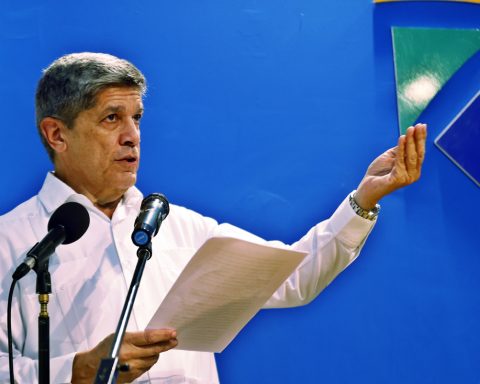

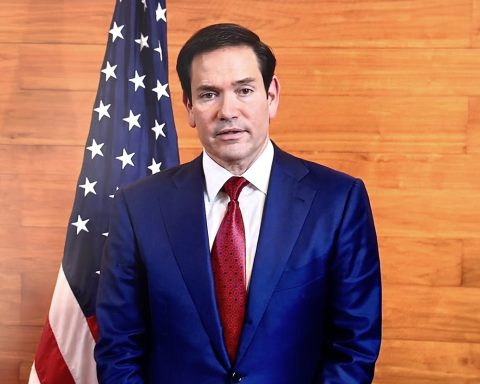


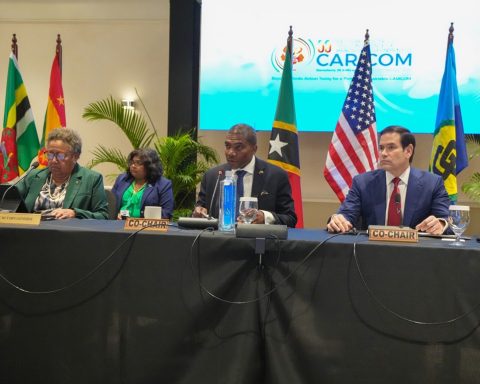



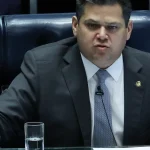

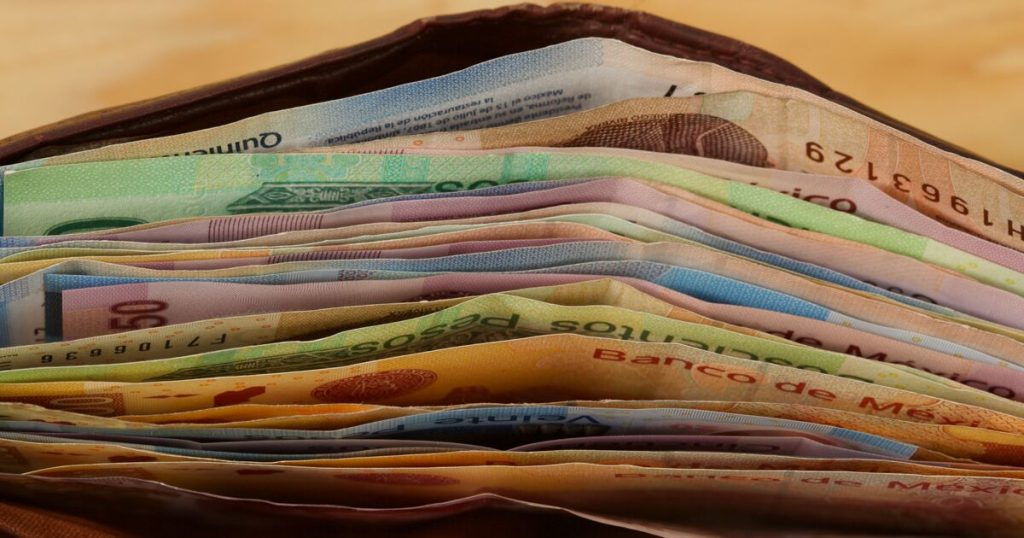
![[Video] Luis Díaz stars in a great goal for Liverpool against West Ham [Video] Luis Díaz stars in a great goal for Liverpool against West Ham](https://latin-american.news/wp-content/uploads/2024/12/Video-Luis-Diaz-stars-in-a-great-goal-for-Liverpool-1024x538.jpg)
